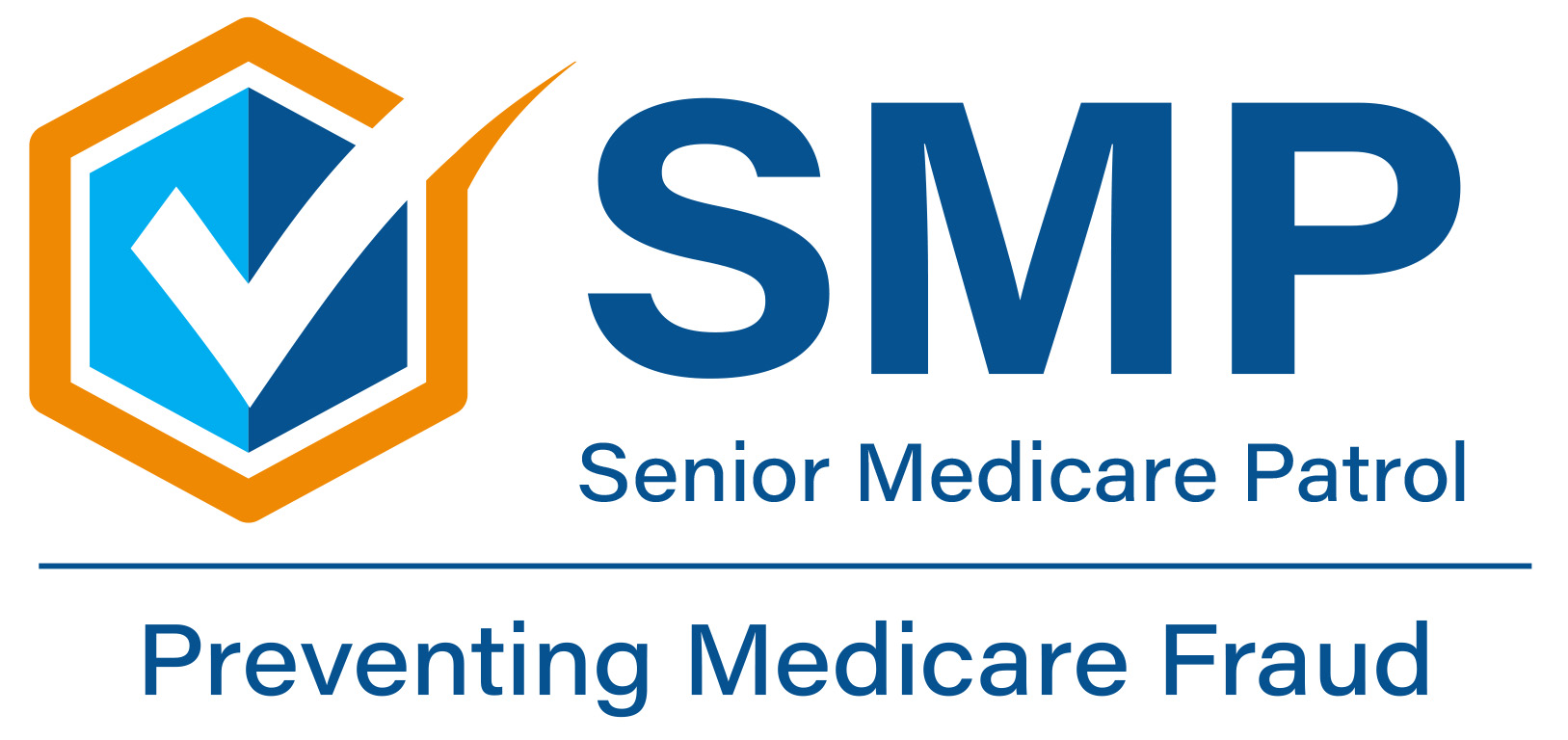
Medical Identity Theft
Medical identity theft occurs when a beneficiary’s Medicare number is misused, either by a provider, a supplier, or by someone posing as the real beneficiary in order to receive medical care. Such Medicare numbers are considered “compromised.” A beneficiary whose number is compromised may be affected forever by false claims against his or her Medicare number.
Health Impact
Receiving health care from a fraudulent provider can mean the quality of the care is poor, the intervention is not medically necessary, or worse: The intervention is actually harmful. A beneficiary may later receive improper medical treatment from legitimate providers as a result of inaccurate medical records that contain:
- False diagnoses
- Records showing treatments that never occurred
- Misinformation about allergies
- Incorrect lab results
Additionally, because of inaccurate or fraudulent claims to Medicare, beneficiaries may be denied needed Medicare benefits. For example, some services have limits. If Medicare thinks such services were already provided, they will deny payment.
Personal Financial Losses
Medicare fraud, errors, and abuse can all result in higher out-of-pocket costs for beneficiaries, such as copayments for health care services that were never provided, were excessive, or were medically unnecessary. Beneficiaries may also find themselves stuck with bills for services from providers who should have billed Medicare but instead billed the beneficiary for the entire cost of that service.
If you believe your Medicare number has been misused, contact your local Senior Medicare Patrol (SMP).
More Information
- AARP Fraud Watch Network VOA | ReST Program, an online support group for victims of scams and fraud and/or their family members.
- The Medicare Cards page gives tips for protecting yourself and how to replace your Medicare card.
